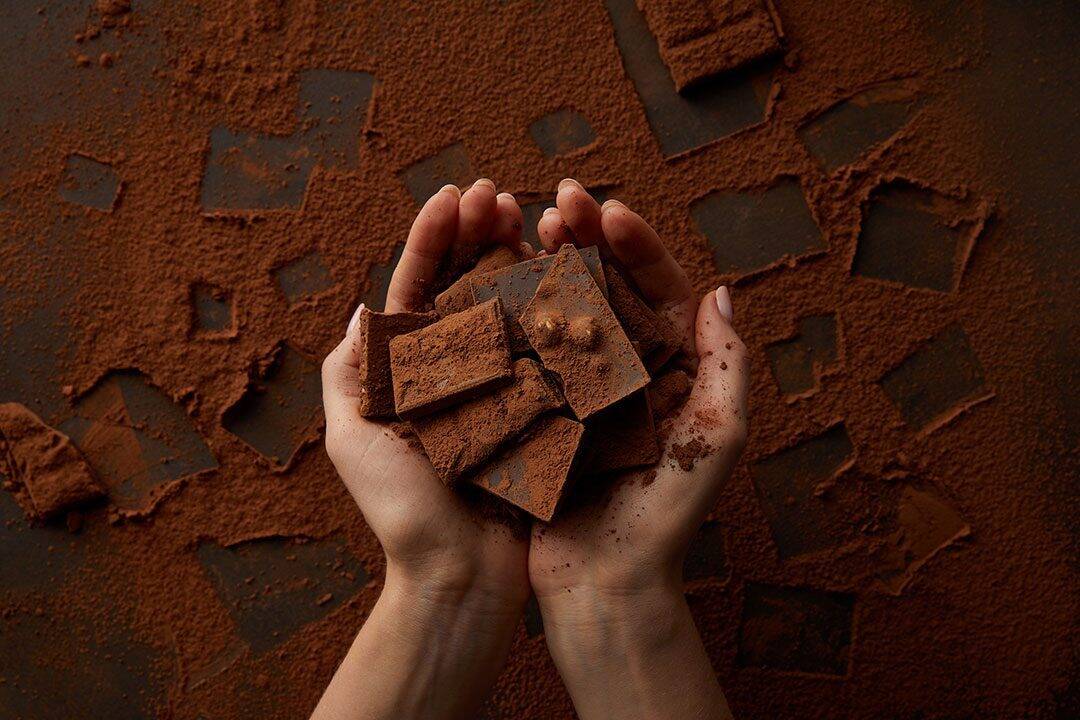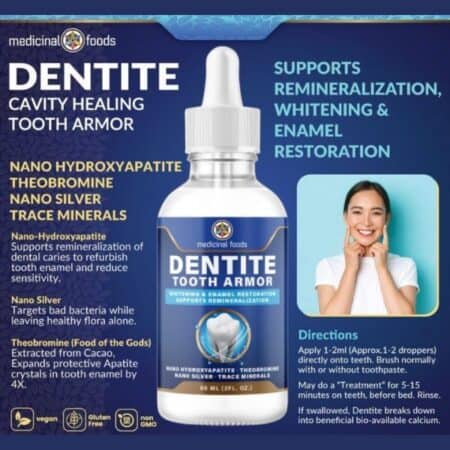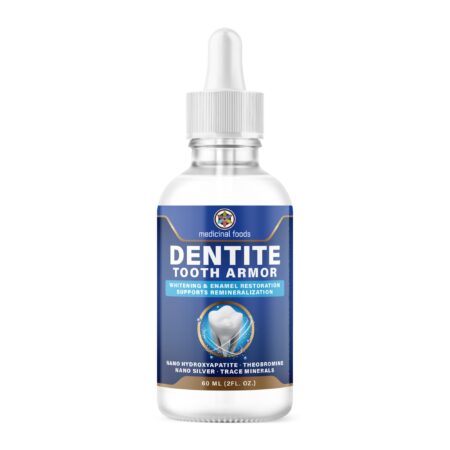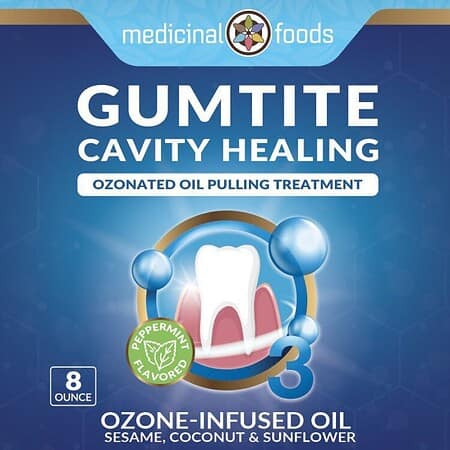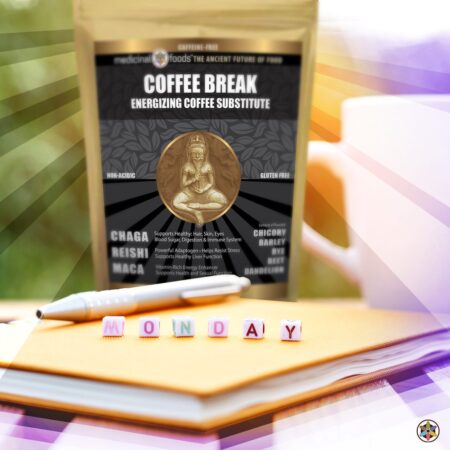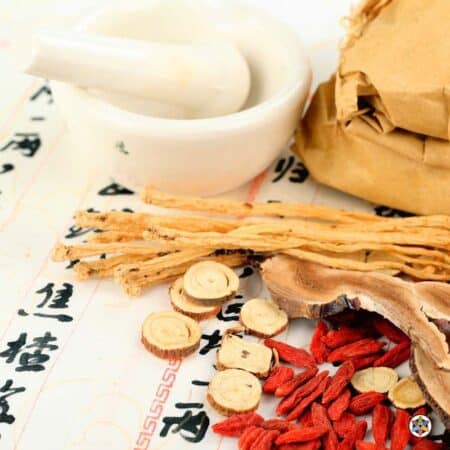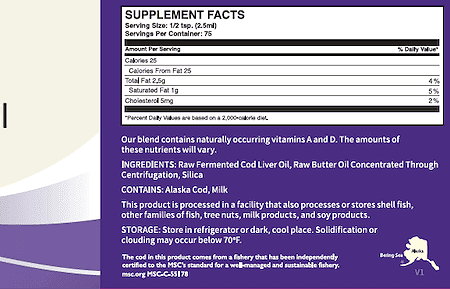One of the top Google SERP queries, "Is Dark Chocolate Good for You" intrigues you too? Well, we have got you covered here.
Minerals such as magnesium, iron, zinc, flavonoids, antioxidants, and other health benefits can all be found in it, justifying your query.
The cacao tree, from which it is manufactured, is a rich source of nutrients and antioxidants.
Sugar, cocoa buttermilk, and trace quantities of cacao are all ingredients in commercial varieties. Choose the dark bar for those who want a less sweet alternative to milk chocolate.
What is it?
The cocoa tree produces the beans used in its production. After harvesting, they are removed from their pods, dried, fermented, and roasted.
It is crushed into cocoa mass, then squeezed into cocoa butter and then a cake to be ground into powder. This kind may be made by combining cocoa liquor, sugar, cocoa butter, and vanilla extract.
It is classified according to the amount of cocoa solids it contains. To qualify, a product must contain at least 70% cocoa solids.
History and Origin
There is a lengthy history of cocoa beans. The early Inca and Mayan kings consumed small doses of cocoa up to 50 times a day, despite the bitter taste.
It was also thought to positively affect mood, energy, and focus. Cacao beans were considered so precious in the 1500s that they were used as cash.
To extract the cocoa butter from the beans, a Dutch scientist created a chemical press in 1828. The beans were then ground into a fine powder and used in the press.
This powder may be blended with other ingredients before being poured into molds and eaten instead of ingested. In 1847, the first bar that could be eaten was manufactured in Britain.
We were amazed how in 1879, Rodolphe Lindt improved the texture and taste of his brand and began mass-producing the product. Cadbury, Mars, and Hershey made the earliest bars during the boom in the late 1800s and early 1900s.
Why is dark chocolate good for you?
The answer to this can be justified by the following benefits.
Antioxidant Action
Polyphenols and flavanols, two types of antioxidant chemicals, abound in them. Free radicals are neutralized by antioxidants. In addition, they prevent oxidative stress.
If you have a lot of free radicals in your body, you may experience oxidative stress.
One of the most important factors in the aging process is oxidative stress. The consequences of oxidative stress may play a role in the onset of numerous diseases throughout time.
Improve Blood Flow and Reduce Blood Pressure
Nitric oxide is produced by the endothelium, the inner lining of arteries, which is stimulated by the flavanols in these chocolates.
In addition to lowering blood pressure, NO has a function in reducing the resistance of blood arteries, which in turn reduces blood flow.
It has been shown to increase blood flow and reduce pressure in experiments done under controlled conditions; however, these effects are usually minor.
Cocoa’s bioactive components may enhance blood flow to the arteries, resulting in a tiny but noticeable decrease in blood pressure.
Anti-inflammatory Action
As part of the body’s natural defense against dangerous chemicals, inflammation occurs. On the other hand, chronic inflammation has been linked to several diseases, including Type 2 diabetes, arthritis, and several cancers.
Brain Health
It has been shown that its consumption may improve brain function and prevent neurodegenerative disorders such as Parkinsonism and Alzheimer’s.
Because of its flavanols, the brain’s capacity to reorganize itself in response to damage or sickness is enhanced.
High flavanol intake for five days boosted blood flow to the brain in healthy individuals.
Cocoa has also been shown to improve cognitive function in those with moderate cognitive dysfunction. It can enhance both speech fluency and the risk factors for a variety of illnesses.
Caffeine and theobromine, two stimulants, are found in cocoa. For these reasons, it may improve short-term cognitive functioning.
Dark or cocoa may improve cognitive performance by increasing blood flow to the brain. In addition, it includes stimulants such as caffeine and theobromine, which may cause jitters.
Prevent Heart Disease
Compounds found within it are thought to protect LDL from the oxidation process.
In the long term, it will result in a lower risk of heart disease since there will be less cholesterol in the coronary arteries. A considerable improvement has been seen in various long-term trials.
Over 15 years, cocoa was shown to reduce the risk of dying from heart disease by 50% in 470 older men.
Consumption twice a week reduced the chance of acquiring calcified plaque in the blood vessels by 32 percent, according to another research. There was no impact from a chocolate-based diet that included less frequent meals.
The risk of heart disease was shown to be reduced by 57% when it was consumed five times a week.
The LDL cholesterol levels of participants in a clinical trial performed in 2017 improved when almonds were consumed with or without it.
Although these studies are observational, it’s impossible to tell whether it was the cacao that lowered the chance of developing the disease.
Help Protect your Skin from Sunburn
Flavanols act as a natural sunscreen, increasing blood flow, increasing skin density, and hydrating it.
For example, (MED) is the smallest quantity of radiation that may cause skin damage. The " MED " is the least amount of UVB radiation necessary to elicit skin redness within 24 hours of exposure is known as the "MED."
In research with a total of 30 people, those who ate varieties high in flavanols for 12 weeks had a rise in their MED of more than a third.
Make sure you’ve had some of it in the months and weeks leading up to your beach vacation. However, consult your doctor or dermatologist before putting off your skincare routine to eat some.
Studies have demonstrated flavanols in cocoa enhance blood flow to the skin and shield it from sun damage.
A Daily Cup of Cocoa Will Make You Happier
Since the Mesoamerican civilizations, these two have been associated with happiness as a "love sweet".
Chocolat was a rare and valuable product in the early days. The elite would concoct a drink of roasted cacao beans, vanilla, cornmeal, honey, and chiles for the individuals they cared about.
It has now been shown that chocolate and happiness are linked via a molecular mechanism.
Phenylethylamine is abundant in within it. It’s a chemical produced in the brain when you’re happy for no reason at all. Also, anandamide is present. A fatty acid-based neurotransmitter that aids in relaxation and reduces tension.
Concerns and Risks
Flavanols, which are found in cacao solids, are the primary source of the associated health benefits.
It is also possible that the number of flavanols might be affected by the way that it is processed.
Flavanol content is not legally required to be disclosed by makers.
It is a calorie-dense treat even though it’s loaded with health-promoting minerals and antioxidants.
The harmful saturated fats found in cocoa butter make up most of the fats found in it.
As a result, the general public should exercise caution when using it to avoid consuming too many calories and sugars.
The sugar content in it is lower than that of milk or white chocolate. High-cacao solid dark bars are more likely to be sweeter than lower-cacao-solid varieties.
How much dark chocolate is good for you?
For makers, flavanol content is not needed to be listed on the label. As a result, determining how much a person needs to get the maximum health advantages is a challenge.
A typical daily serving in the research papers ranges from 20 to 30 grams. When it is made with higher cacao solids content tends to be lower in sugar but higher in fat. Cacao also has a higher concentration of flavanols. The recommended cacao content is 70%.
How is dark chocolate good for you?
Even though it is chock-full of health benefits (as mentioned above), it’s vital to remember that more isn’t always better.
Overeating may cause acute symptoms of nausea and indigestion, as well as long-term consequences, such as:
- Sugar
It may not have the same sugar content as other varieties, but it does include a lot of sugar that isn’t good for your health. Calories from fat and sugar give it its reputation of being heavy in calories. A diet heavy in calories raises the risk of obesity and cardiovascular disease, respectively.
- Contamination with lead and Cadmium
Lead was identified in trace amounts in various brands. Known carcinogen Cadmium has also been found in cocoa. How these substances get up inside is often due to the processing or the uptake in soil content.
However, another research indicated that lead contamination is a product of the cacao bean’s manufacturing and transportation procedure rather than a naturally occurring process. Fertilizers and insecticides used on the cocoa plant include Cadmium and Lead.
Cereals, vegetables, and even nuts contain traces of Cadmium. There is less Cadmium in it since we eat more of this food; therefore, the lower Cadmium content isn’t that big an issue.
Hopefully, now you have your answer to “Is Dark Chocolate Good for You”. It is a good sweet delight to have. Just make sure to read the labels and keep the calories and sugar content in check.


